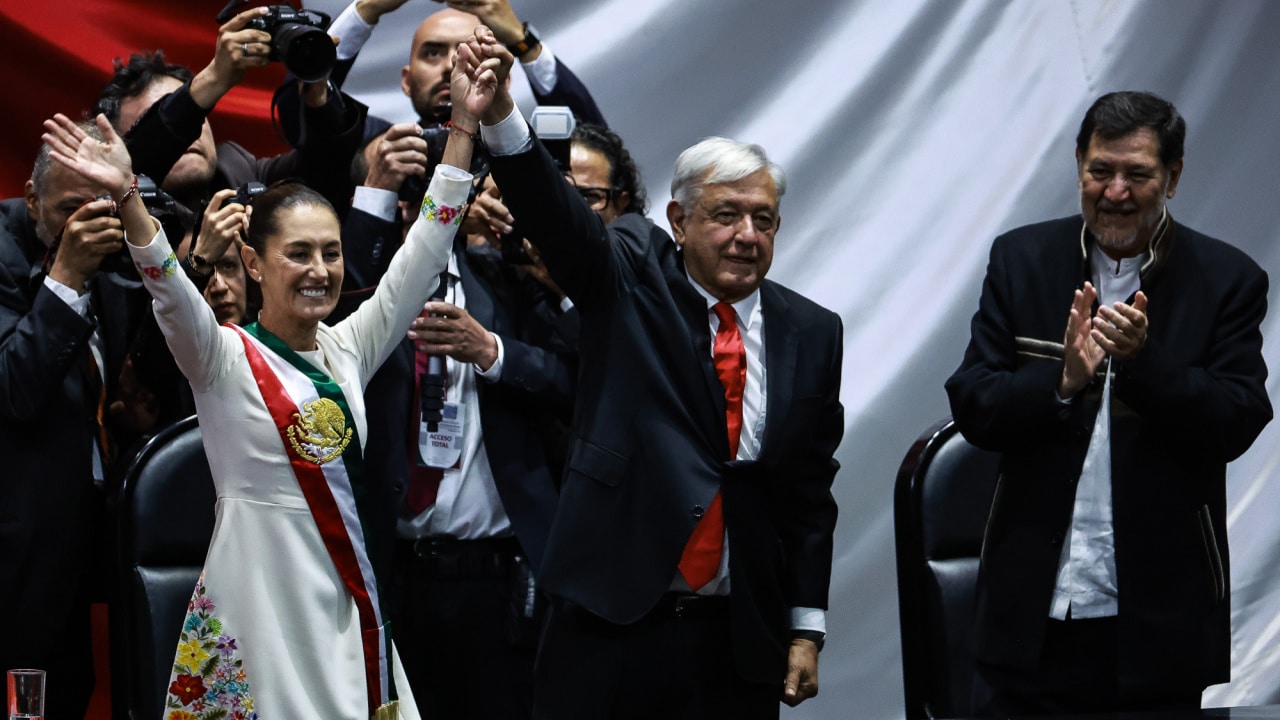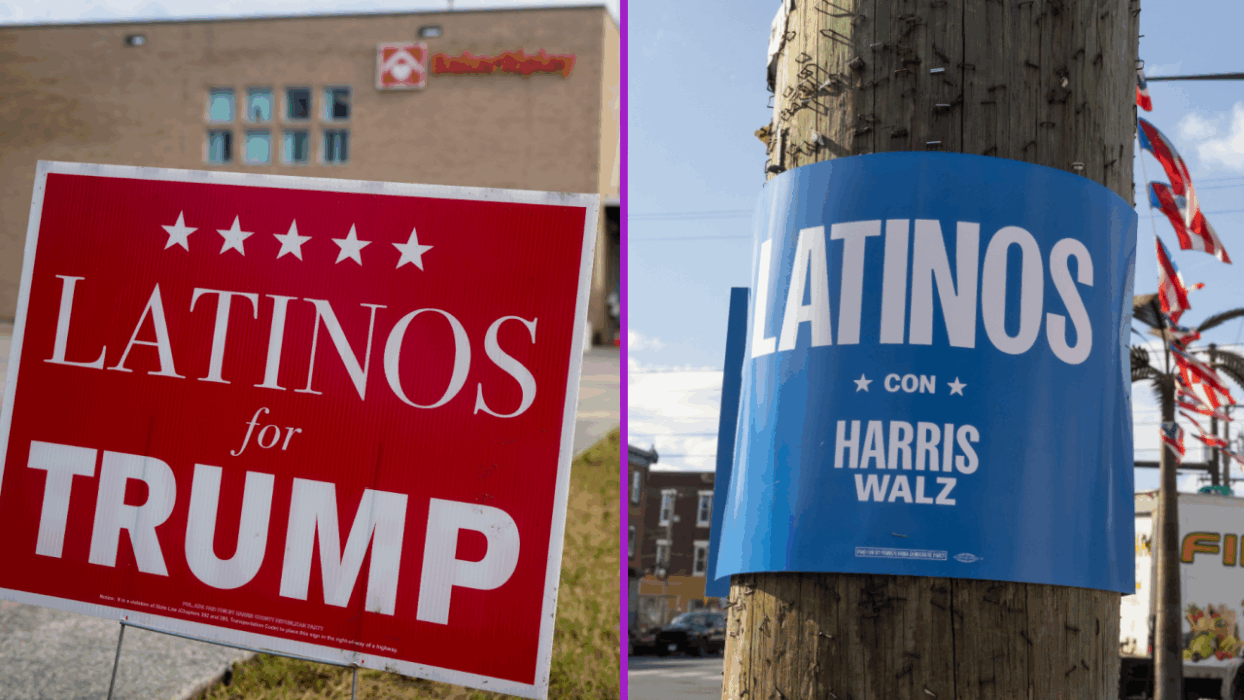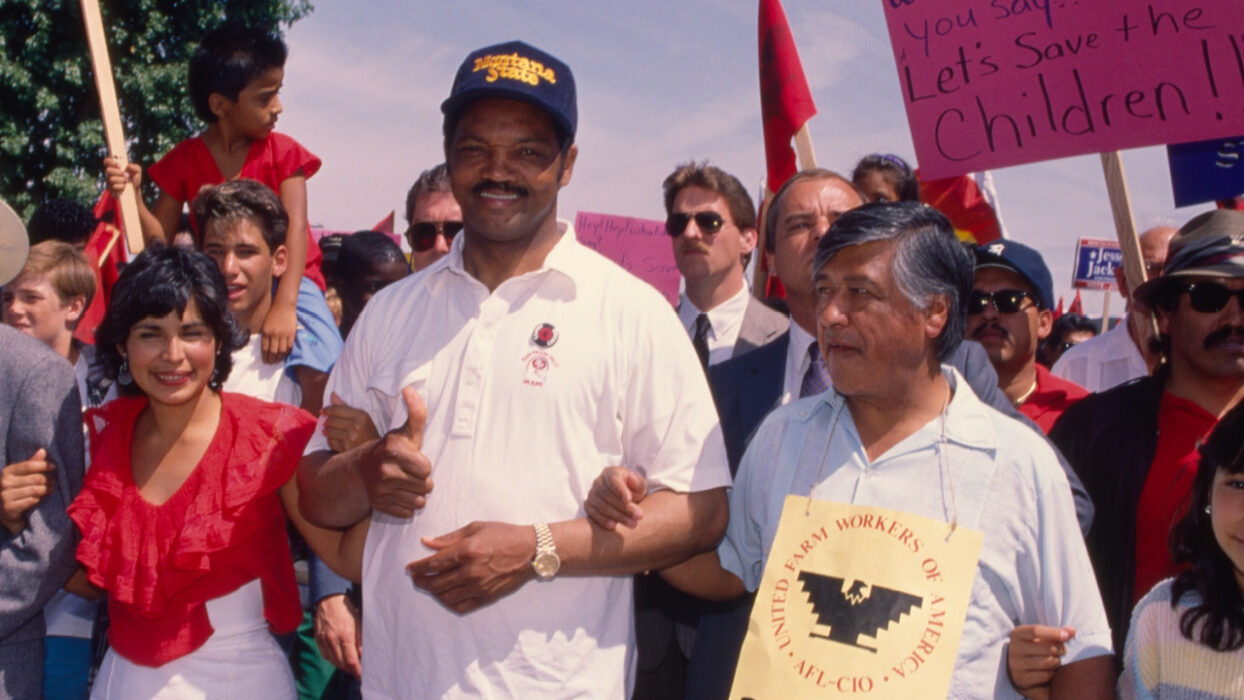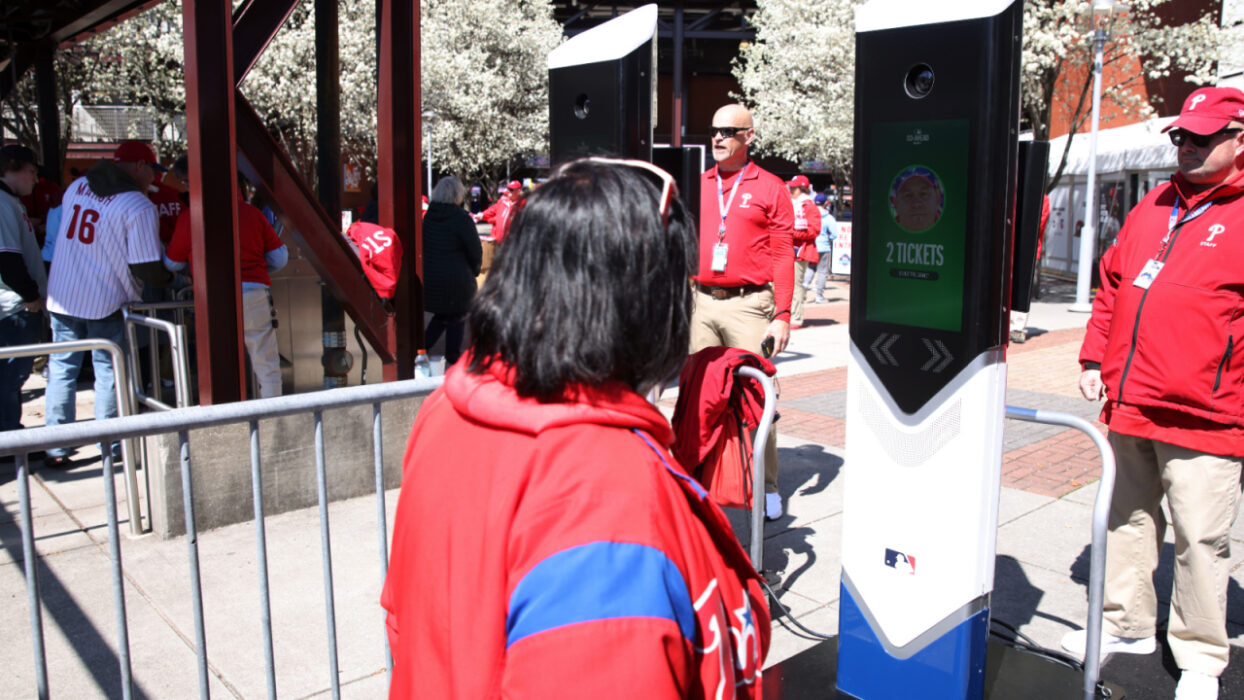
Mexico Sees Major Drop in Poverty As AMLO’s Welfare Policies Deliver Results
Mexico is seeing significant gains in combating poverty. Under the leadership of former President Andrés Manuel López Obrador, the country created social support that created a significant reduction in poverty. A new report is finally shining light on how impactful the policies have been in reducing poverty.
Mexico is experiencing incredible reductions in poverty
AMLO won the presidency in a landslide in 2018. He promised the Mexican people a presidency that would focus on tackling corruption and inequalities. The welfare policies implemented kept the promise that he made to Mexicans.
A new report studying the policies geared towards reducing poverty is showing the real impact. According to Mexico News Daily, Mexican President Claudia Sheinbaum celebrated the number of those out of poverty due to AMLO’s policies. During President Sheinbaum’s Aug. 14 mañanera, she highlighted the findings of the policies.
According to the report, 41.9 percent of Mexico’s population was living in poverty in 2018. By 2024, the end of AMLO’s term, that number dropped to 29.6 percent. At the start of AMLO’s term, 51.9 million Mexicans were living in poverty. Last year, that number dropped to 38.5 million living in poverty. Seven million of those still in poverty are categorized as “extreme” poverty, down from 9 million in 2018.
Despite the advances, President Sheinbaum admitted that there was more work to do. While celebrating the numbers, the president called for the progress to keep moving forward to help the 29.6 percent of Mexicans still living in poverty.
The results are thanks to various economic policies passed by the AMLO administration
The Mexican government created multiple policies aimed at addressing the nation’s poverty rates. Mexicans over 65 years old receive a bimonthly transfer of 6,200 pesos ($330) is the most direct line of help. This payment, which can be categorized as a social pension or targeted basic income, is a source of curiosity around the world.
For years, countries and cities have studied the effects of a basic income for residents and citizens. In Stockton, California, 125 residents received $500 a month for two years. The income study was a success. The study found that, for the residents selected, full-time job prospects went up, they experienced financial stability, and their overall well-being improved.
Additionally, AMLO increased the minimum wage in Mexico. The Mexican government rolled up a minimum wage increase from 88.40 pesos ($4.75) per day to 278.80 pesos ($15) a day. The general minimum wage increase was 16 percent for the country. However, for the Northern Border Free Zone, the minimum wage was doubled. The Northern Border Free Zone includes Tijuana, Nogales, Ciudad Juarez, and Nuevo Laredo.
The United States minimum wage has not changed in 2009. The federal minimum wage in the U.S. remains $7.25. The Center for Economic and Policy Research found that the minimum wage, if tied to productivity, should be around $21-$24. Currently, some states have implemented minimum wage increases, with one of the most significant in California. The Golden State increased the pay for fast food workers to $20 an hour, representing a $4 increase.




